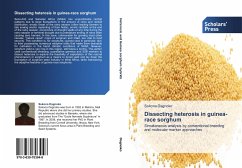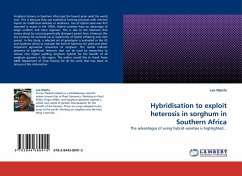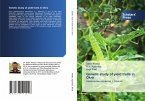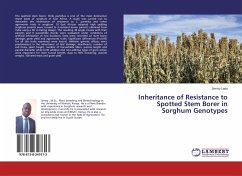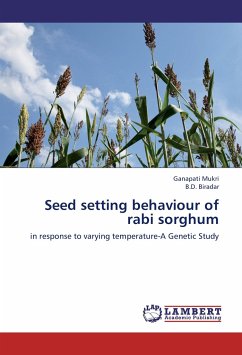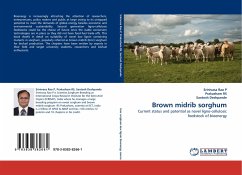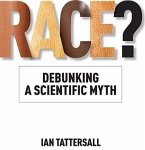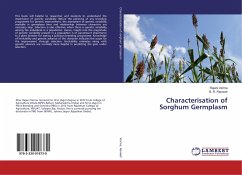Semi-Arid and Sahelian Africa (SASA) has unpredictable rainfall patterns due to large fluctuations in the amount of rains and rainfall distribution, erratic onset of the rainy season (often leading farmers to late sowing and/or replanting of their fields), erratic rainfalls at the end of the rainy season, occurrence of drought spells at any time during the rainy season or terminal drought due to premature ending of rains often causing zero harvest. In this zone, unfavorable for growing most other cereals, nature cared crops of sorghum and millet, are vital to food security. This condition is, for sorghums -guinea race in particular, due to their possessing numerous adaptive traits that make them desirable for cultivation in the harsh climatic conditions of SASA. However, sorghum yield is very low in this region, still below a ton/ha. The author uses conventional breeding, quantitative genetics and SSR markers to dissect heterosis to explore the feasibility of exploitation of thisnatural phenomenon in sorghum as a means to boost yield and lay down the foundation of sorghum seed industry in West Africa, while maintaining the adaptive features of guinea race sorghums.

